In order for pickles to acquire their specific pleasant taste and to be preserved for a long time, they need preservatives. Various substances are used for this purpose. Everyone is familiar with aspirin, sodium benzoate, potassium sorbate as various possibilities for preservation.
Of course, the universal preservative is of natural origin - this is sea salt, as well as vinegar and sugar and without them preserving vegetables is impossible. Ginger, horseradish and other foods are also used as preservatives.
The first condition for successful preservation is to use quality products. The use of proven preservatives guarantees a tasty and well-fermented pickle. However, it will be such if the products themselves that will be preserved are carefully selected.
What to add to the pickle and when?
The preservative potassium sorbate serves to stop the fermentation processes in pickles. It also protects them from mold formation. The products remain fresh, do not acquire other flavors from the preservative itself. This product is a substitute for aspirin and sodium benzoate.
On the labels, this product is marked as E 202. The dosage is indicated on the label and must be followed very carefully, despite the fact that the substance is considered non-toxic and does not pose a health risk. It is added at the desired moment of stopping fermentation.
Sodium benzoate is one of the salts of benzoic acid and is designated as E 211. The purpose of its addition is to preserve the appearance of the products in the pickle, to protect them from yeast, mold and bacteria.
As a bonus, this preservative has the ability to improve the taste of some foods. It can be combined with other preservatives. It is placed in the pickle dissolved in water, with 1 gram of the substance corresponding to 1 liter of water.
The time of its placement is the same as with potassium sorbate - at the desired moment of interrupting the fermentation process.
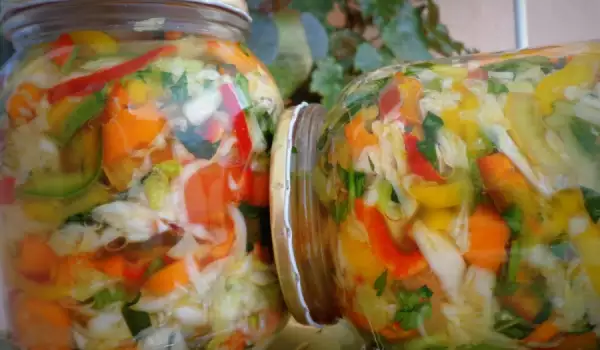
The time when the process of interrupting the fermentation itself should be carried out is the time when the pickle has acquired the taste that we like.
If the interruption is carried out with a natural product - horseradish, ginger or others, the placement time is the same as with artificial preservatives. The amount is strictly determined according to the size of the pickle.
To flavor the pickle itself, regulate acidity and prevent rapid spoilage by using sea salt, sugar, vinegar and other food products - natural preservatives, but they are placed during the preparation of the pickle, before fermentation has begun.
There are different views on the amount of salt that should be added to pickles, but 40 grams of sea salt per liter of water is universal. The remaining natural preservatives are added in quantity depending on the type of pickle being made.
During pickle making season, be sure to try our recipes for cauliflower pickle or our pickled green tomatoes.
Find out why aspirin is added to pickles and what the benefits of pickle juice are.
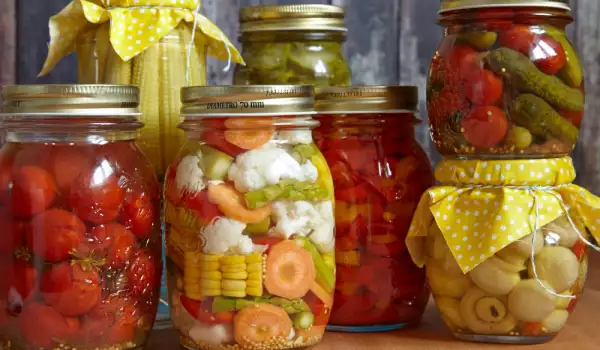

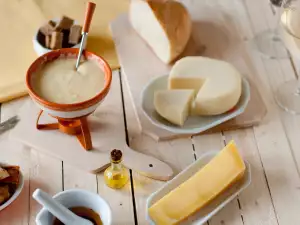
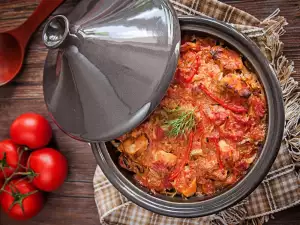
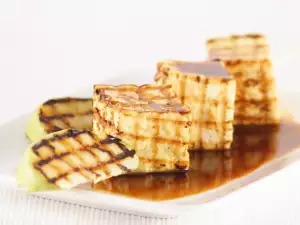
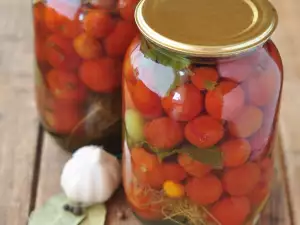
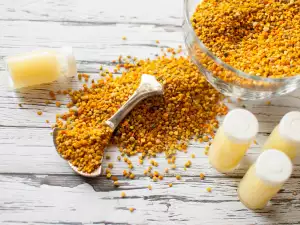
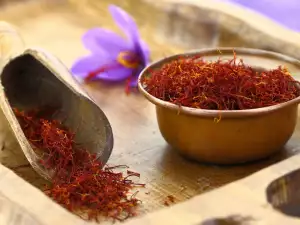
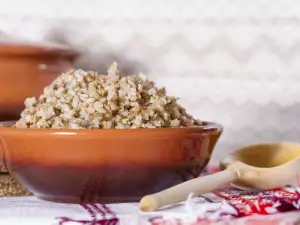
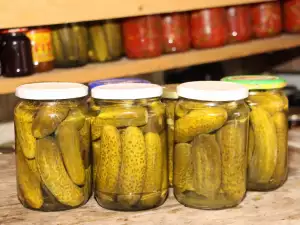
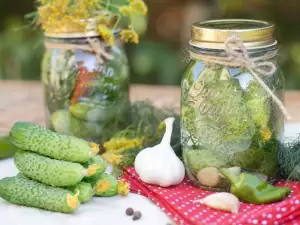

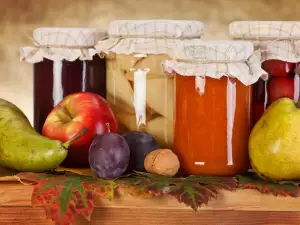
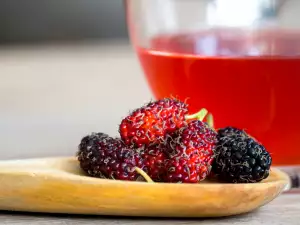

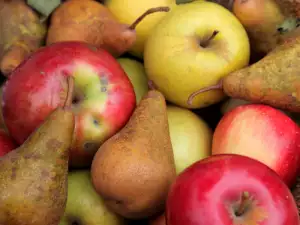




Comments